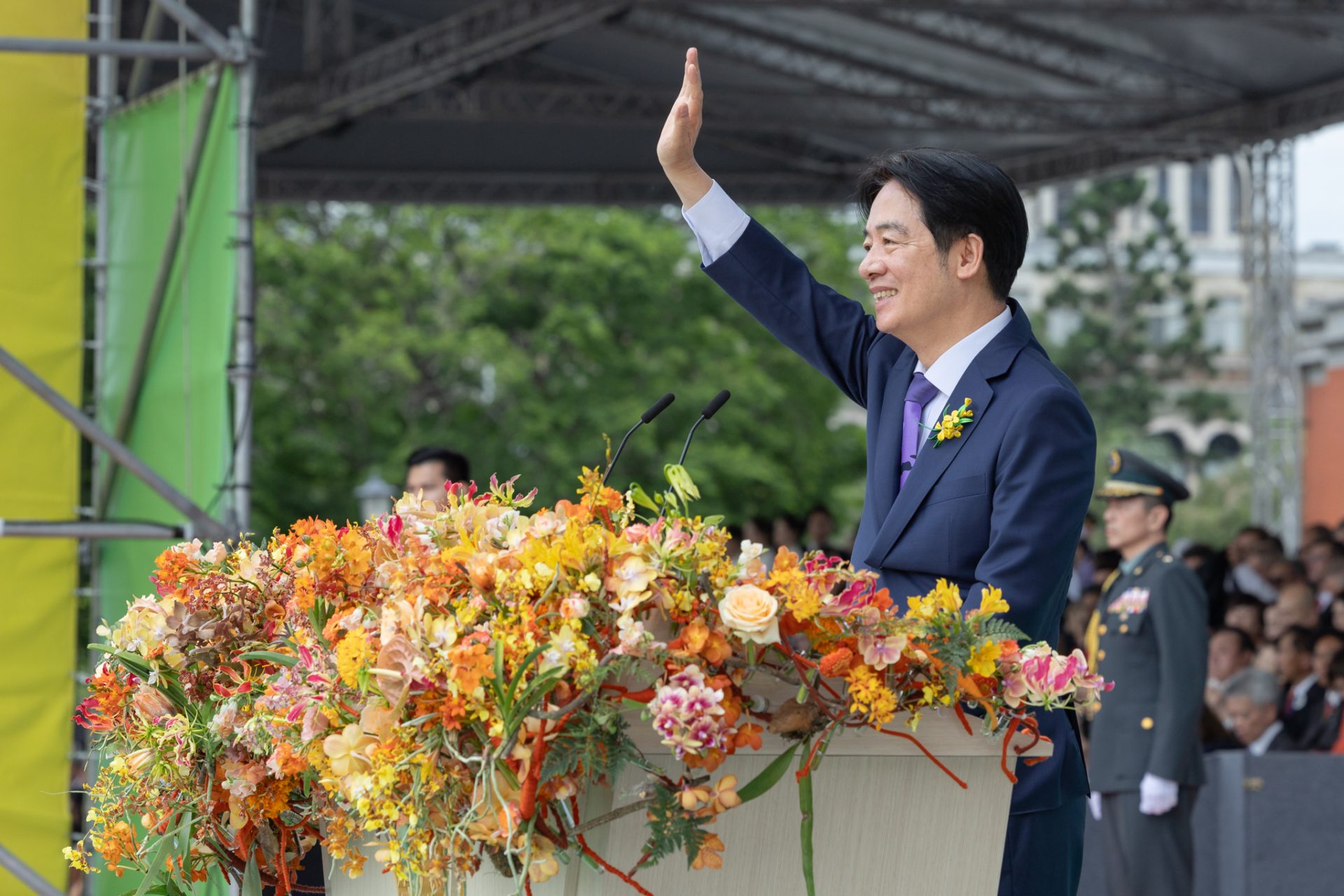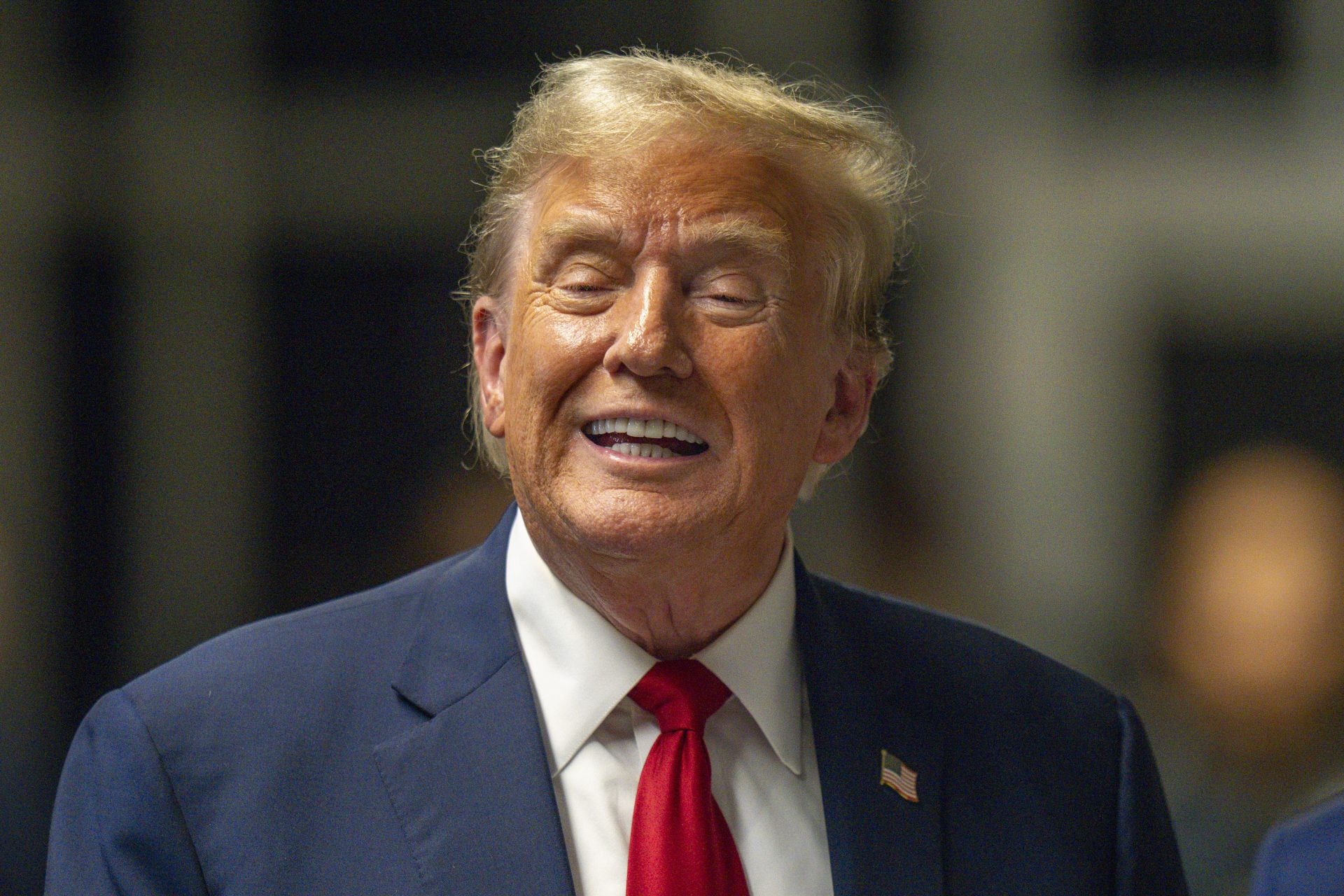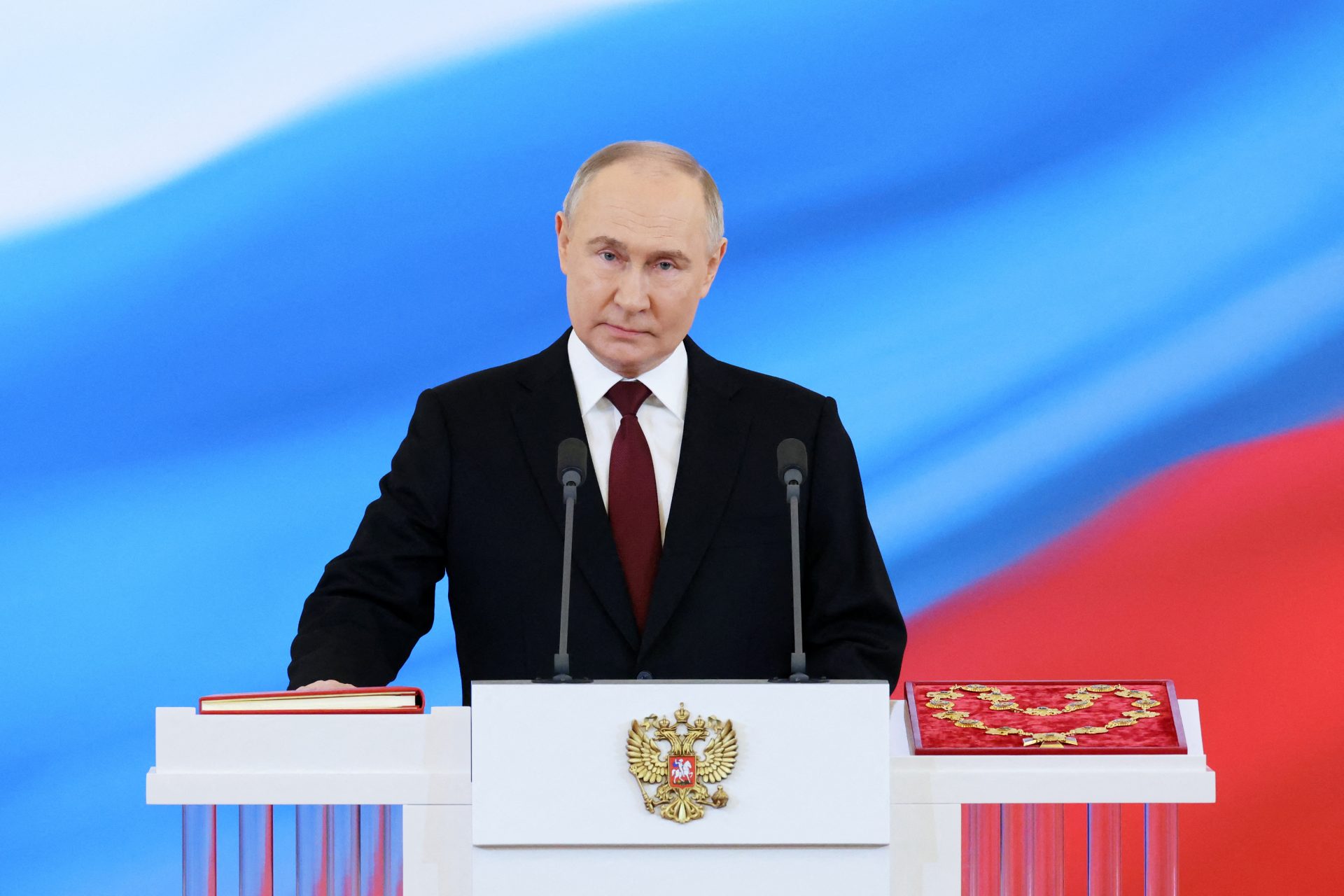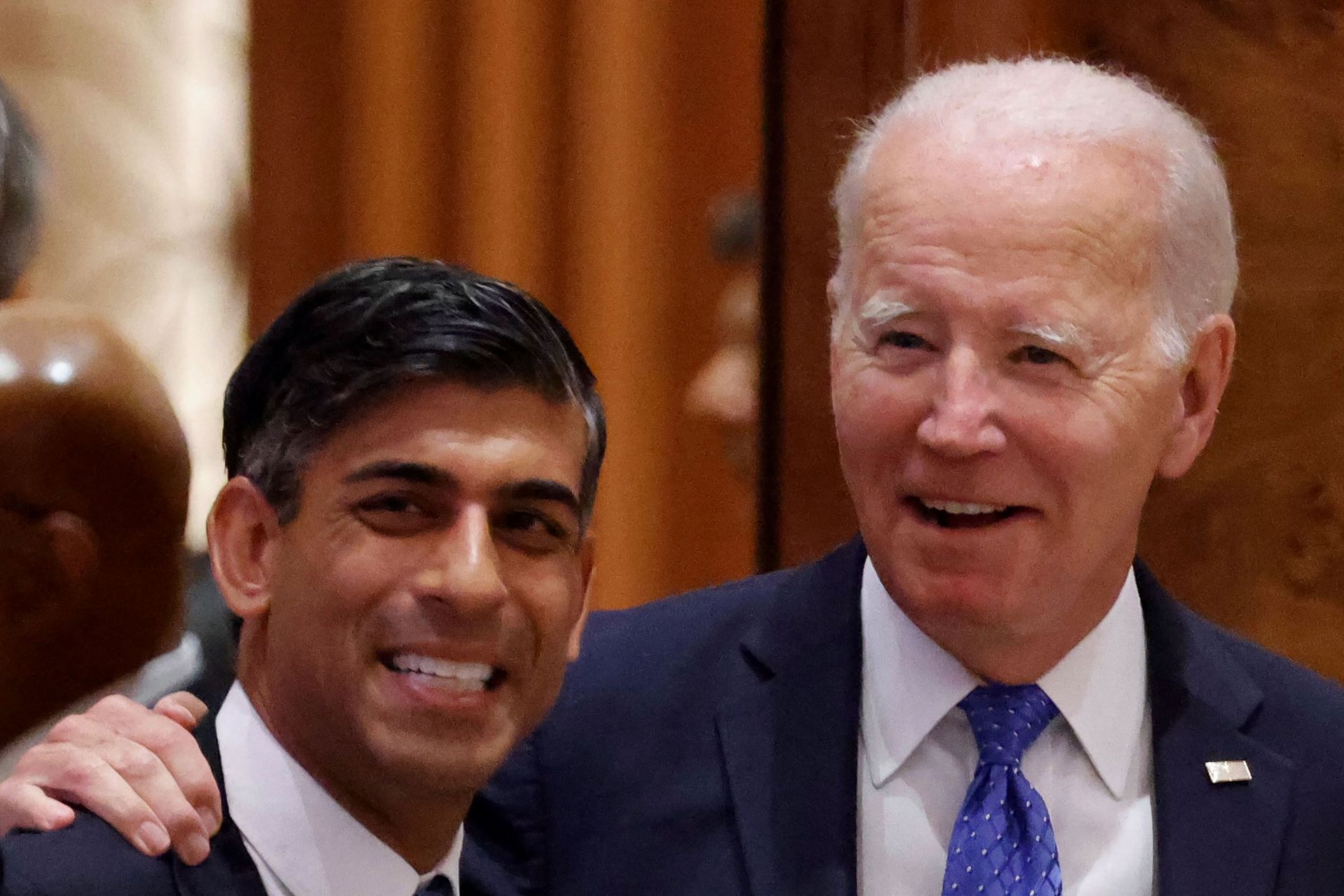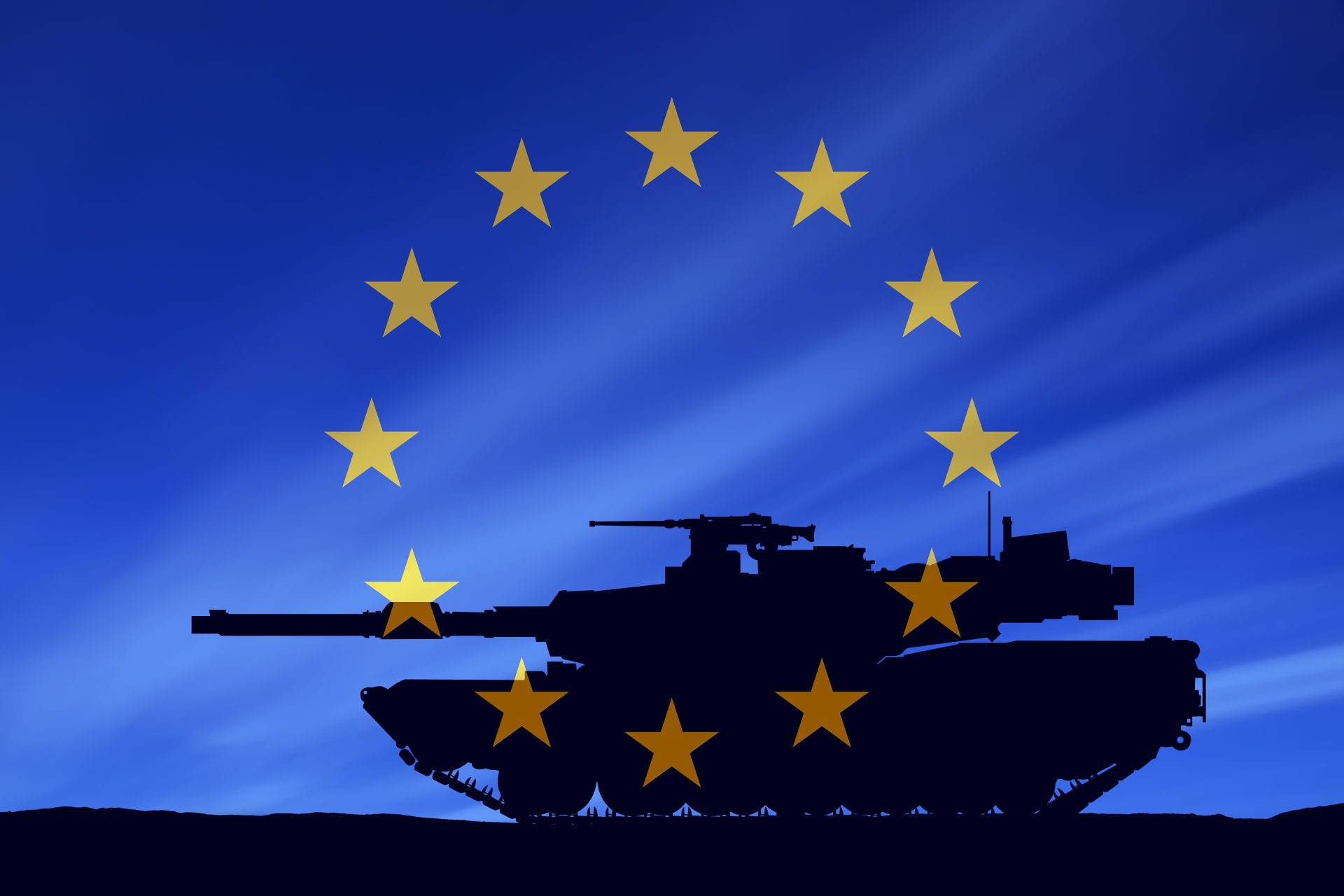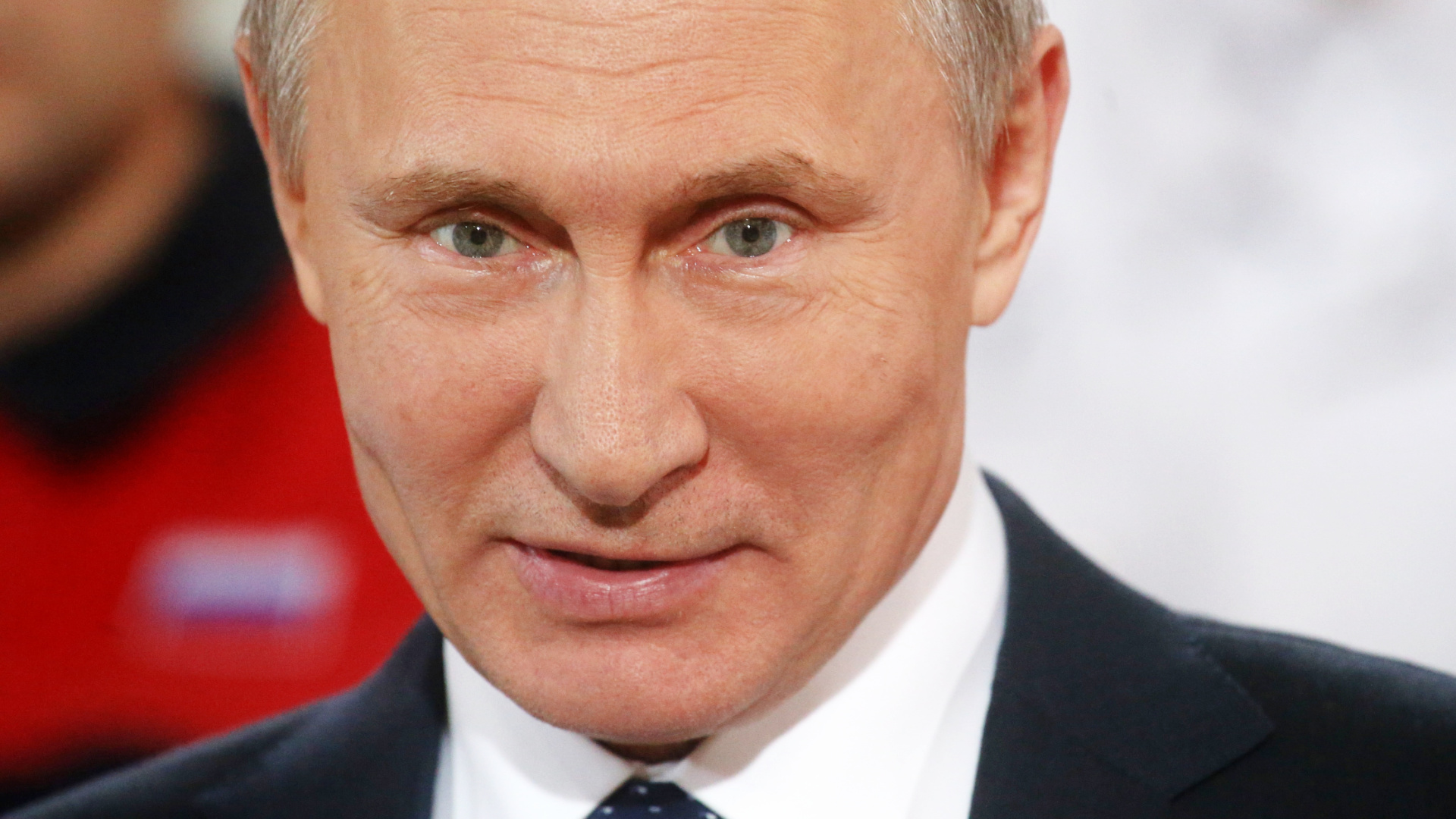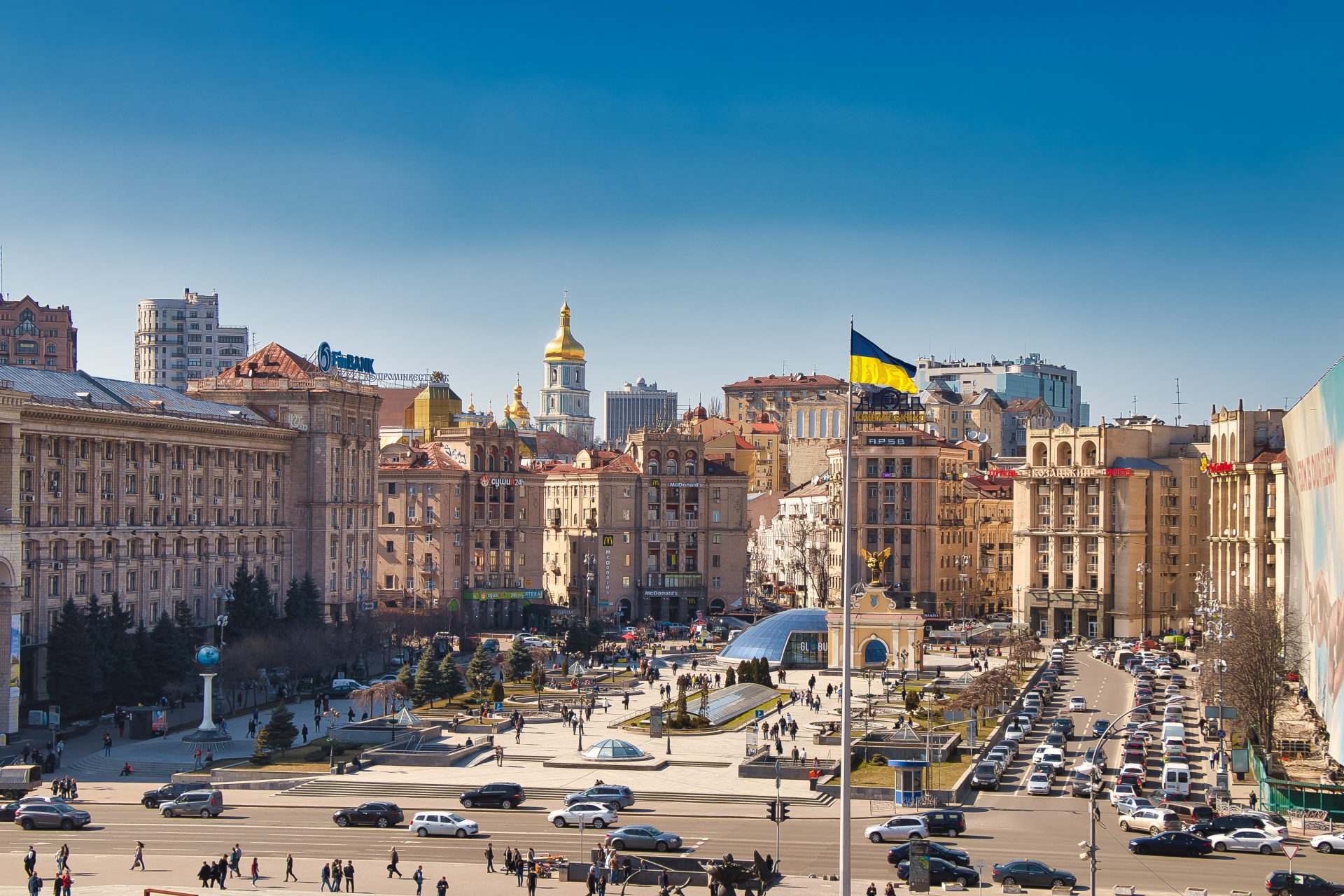Which countries have the most nuclear weapons?
Russian President Vladimir Putin has put the world back on alert by resurrecting the nuclear threat. People are getting worried and thinking about what would happen if a nuclear war were to begin.
And if we are facing the possibility of a war with this type of highly destructive weaponry as the protagonist.... which countries would have bombs of this type and could use them in the event of a conflict?
Currently, nine countries have nuclear weapons. However, some countries are suspected of having them even if they deny having such weapons.
Russia is the only country globally that could genuinely be considered a nuclear superpower since it meets all the requirements. That means the Russians would be able to carry out a nuclear attack or retaliation against any number of simultaneous enemies regardless of their geographic location, effectively taking advantage of the essential symmetry that atomic weapons provide.
Heir to the USSR, Russia has the largest nuclear arsenal and nuclear force - submarines and bombers - globally. According to the Stockholm International Peace Research Institute (SIPRI), the latest data indicates that the country could have 6,257 nuclear warheads deployed and operational. Experts point out that nuclear weapons currently support Russia's defense almost exclusively.
In practice, Russia has never used its nuclear weapons. However, while the USSR was still alive and well, they carried out many tests between 1949 and 1990, including atmospheric, underwater, and underground tests.
Image: the first atomic test of the USSR on August 29, 1949.
There is only one country that has nuclear weapons and has used them against another country: the United States. As everyone knows, the Americans dropped two atomic bombs on the Japanese cities of Hiroshima and Nagasaki on August 6 and 9, 1945, leading to the end of World War II.
In the Cold War period, the United States continued to carry out nuclear weapons tests between 1946 and 1963. Later, after signing the 1963 Nuclear Test Ban Treaty, weapons could only be tested underground until 1992.
Image: US nuclear test at Bikini Atoll in 1952.
Currently, the United States is the second country in the world after Russia in terms of its nuclear weapons. According to SIPRI, the land of stars and stripes has approximately 5,600 deployed nuclear warheads. Like Russia and China, they have hypersonic missiles that can carry nuclear weapons but are currently inferior in this regard to their two competitors.
China can be classified as a nuclear power. However, its nuclear arsenal is considerably lower compared to Russia and the United States, countries that account for 90% of the total of this type of weapons in the world. It is estimated to have some 350 operational and deployed nuclear warheads. It was the first Asian country to develop and test this type of weapon starting in 1967.
In recent years, China has seen significant economic and military growth, and with that, an increase in the country's nuclear weapons is unsurprising. In fact, in August of last year, they tested a hypersonic missile capable of carrying bombs of this type, something that worries the United States.
The French atomic force is based on their submarines, having dismantled all of their land-based nuclear forces, and they also have an unknown number of air-to-surface missiles for their air force. The data provided by SIPRI about the country is that it is the fourth nuclear power in the world with 300 nuclear warheads.
Image: one of the many atomic bomb tests carried out by France in Mururoa.
As with France, the UK dismantled its ground nuclear force to keep it at sea and on bombers. They maintain a fleet of nuclear submarines equipped with just under 170 active nuclear warheads, out of a total of 225.
Going through the list of 'Nuclear Weapon States,' we find another four countries with atomic bombs but are not in that group. This is the case of India, the fifth country with nuclear weapons. SIPRI estimates that India has 165 nuclear warheads; however, none are long-range.
Pakistan is the only Islamic nuclear power in the world. They have an extremely secret program, and it is estimated that they could have between 90 and 110 weapons of this type. The country's ongoing disputes with India have led many experts to warn of the danger of a confrontation with this type of weapon between the two countries.
With a country as closed off from the world as North Korea, it is challenging to know for certain if they possess this type of weaponry in their arsenal. However, it is assumed that they do, since, in 2016, they carried out a nuclear test with a hydrogen bomb. It is a country with essential uranium mines, which would help a nuclear weapons program.
According to the data provided by SIPRI, the country has 45 declared nuclear warheads.
In the case of Israel, it is known that it is a nuclear power, but it is the only country that has never openly declared it. It is estimated that Israel could have between 100 and 200 deployed and operational nuclear warheads, although some sources put the figure at 400 or 500.
Several countries that are members of NATO do not have their own nuclear weapons. However, the United States has provided these countries with nuclear arms to store within their territory, which they could use in case of need. This is known as nuclear sharing and includes Belgium, Germany, Italy, the Netherlands, and Turkey.
There has been plenty of controversy and worry related to Iran and nuclear arms. The United States has accused Iran of trying to make the atomic bomb. However, Iran always insists that its nuclear program is only for civil purposes.
As is the case with Iran, other countries are suspected of having clandestine nuclear programs whose ultimate goal could be to obtain weapons of this type. This is the case of Saudi Arabia, which has been accused of considering atomic arms development and receiving assistance and even nuclear weapons from Pakistan.
It is unknown if Armenia has nuclear weapons. Still, in the context of its permanent conflict with Azerbaijan, in 2016, its former prime minister, Hrant Bagratyan, assured that "nuclear weapons have already been created in Armenia. I say this as a note to Azerbaijan. We have the ability to create nuclear weapons. We have nuclear weapons." Other Armenian authorities have denied this assertion, and they have always spoken of "peaceful purposes," but there have indeed been arrests on the border with Georgia for smuggling radioactive material.
As happened with Russia, other former Soviet republics inherited nuclear weapons from the former USSR after its disintegration. This was the case in Ukraine, Belarus, and Kazakhstan. However, they did not last long in their power. They were handed over to the Russian Federation under pressure from Moscow, Paris, and Washington, who agreed to dismantle the war potential they had in their hands.
South Africa was the first country to go from building its own arsenal of nuclear weapons to dismantling them and renouncing them. The South Africans made at least ten enriched uranium atomic bombs, and their first tests were in 1977. However, they would eventually end up being destroyed and the plans for their manufacture.
During the Franco dictatorship, the Islero Project was launched in Spain, a nuclear program whose objective was to dissuade Morocco from possible interests in Ceuta, Melilla, and Western Sahara. Refined plutonium with the capacity to produce 23 bombs per year and tests were planned in the African desert. However, in 1987 the program was discarded by the PSOE when the Nuclear Non-Proliferation Treaty was signed.
In addition to Spain, other countries also had nuclear programs that ultimately did not come to fruition. This is the case of Nazi Germany, Algeria, Mexico, Argentina, Venezuela, Brazil, Australia, Egypt, Iraq, Libya, Romania, Poland, Sweden, Switzerland, Yugoslavia, Sudan, Syria, Taiwan, Thailand, and South Korea.
The tension generated by the issue of nuclear weapons led many countries to sign the Nuclear Non-Proliferation Treaty created in 1968. The treaty came into effect in 1970, an initiative to restrict and prevent the growth of this type of weapons of mass destruction. This treaty is signed by the five Nuclear-Armed States and almost the rest of the world's countries, but it does not have the support of India, Israel, Pakistan, or North Korea.
Recent events invite us to reflect and wonder if this treaty's hours are numbered because one of its prominent supporters seems to have forgotten all about it. The world must return to calm and sanity because a nuclear war could mean nothing but the end of our civilization and our planet.
More for you
Top Stories






























